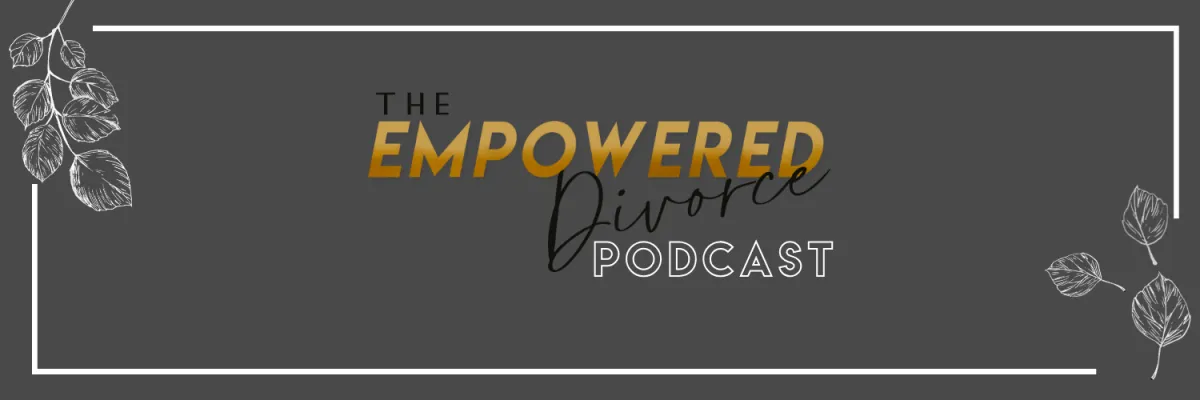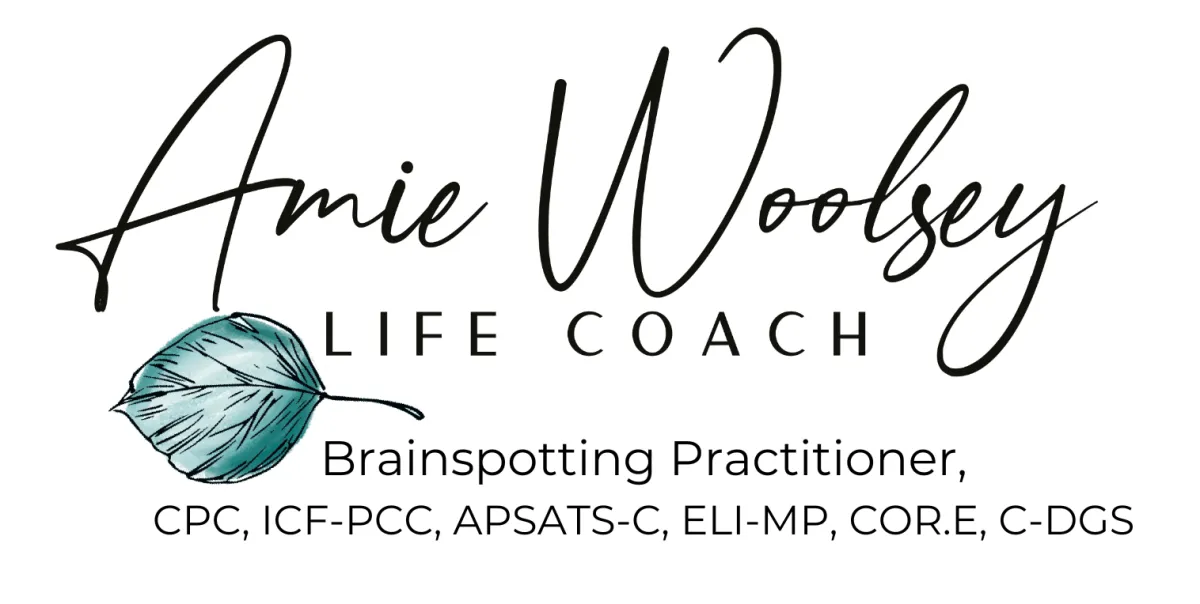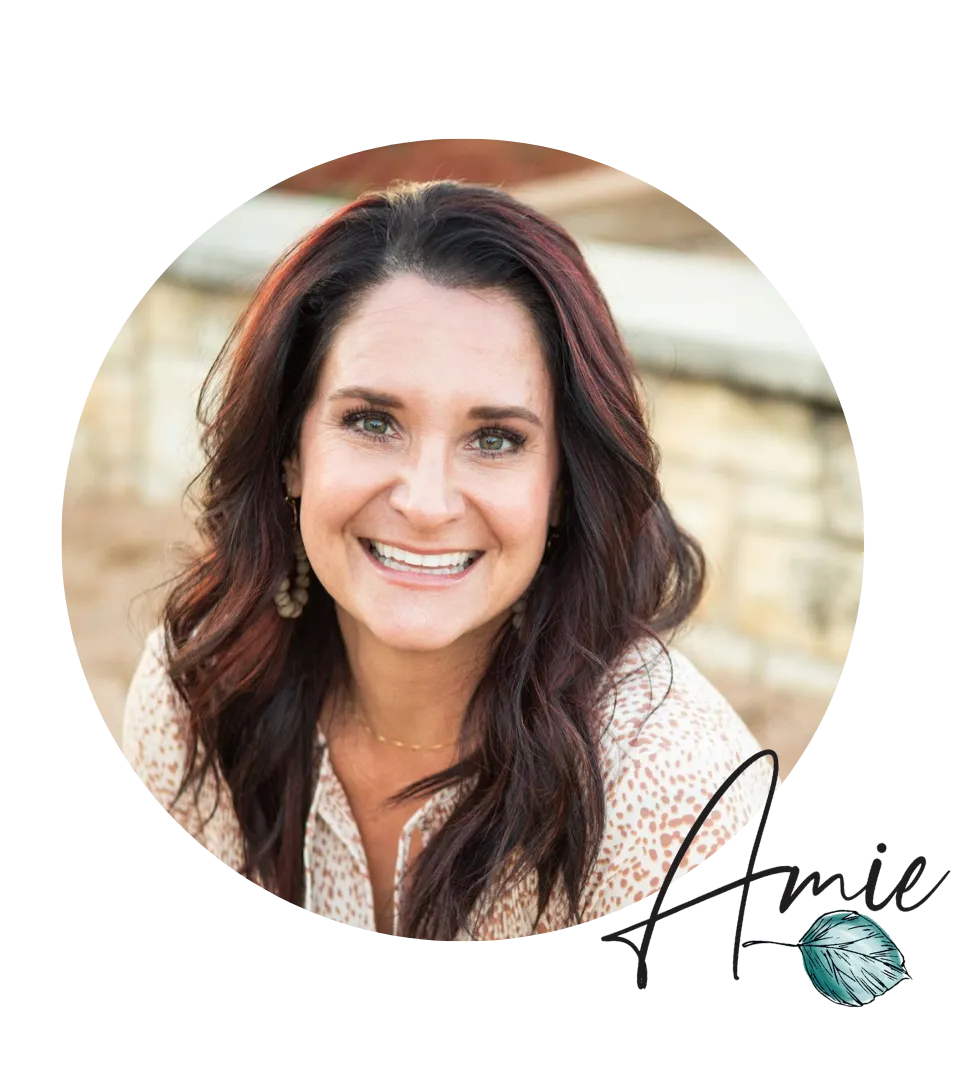
Will It Ever Get Better
No one tells you that the hardest part of a lifesaving divorce might come after the papers are signed. When the house is quiet, the kids are gone, and you're left wondering why does it still feel so heavy? Maybe you thought it would feel like freedom, but instead it feels like a void. The silence that echoes louder than the conflict in the relationship ever did.
So if you are asking, does it ever get easier, this episode is for you.
Read Full Transcript
Hello? Hello. My amazing, beautiful listeners. Thank you for joining me. Thank you for being here with me today. Have you asked this question? Have you wondered, are you in this space right now? How many times do you find yourself asking this question? When does it get easier?
When does it get better?
You know the part that no one really prepares you for after a lifesaving divorce, the person you left. May have been harmful, they may have been toxic, they may have been abusive, and you know, like you know in logically that it was the right decision, you perhaps don't necessarily want them back. But when the silence starts to set in and the house is empty and the kids are gone, parts of you are still gonna miss them, and then you feel guilty.
Or crazy for missing them. Confused, ashamed, maybe. But here's what I want you to know. Missing the presence of them doesn't mean you want to be back in the pain. It just means you're human you're grieving way more than the person you're grieving the routine. You're grieving identity, the dreams, the, the marriage, the ideal of marriage, even the illusion. Today we're gonna unpack a lot of that ache.
I wanna go deeper into what is really going on beneath the loneliness, because it's not just about missing someone. We're gonna talk about grief, not just the kind that people expect. Divorce grief. Is layered. It's complex, especially after betrayal and abuse. I even wanna explore something called ambiguous loss.
That experience of grieving someone who's still alive or grieving the life that you thought you had. The dream that you working so hard to hold together. It's the loss of what could have been, and it doesn't come with with closure, with a clean ending. then I wanna talk about the emptiness.
Just that, hollow feeling that shows up in those quiet moments. It can feel scary, it can feel unbearable at times, but sometimes that emptiness is actually a sacred space. A space where your healing can begin if you choose it. A space where you can start to maybe hear and connect to you again.
I didn't necessarily want the person who harmed me back. What? One of the things that I realized I was missing is the presence of the house being occupied by him. Does that make sense? Like. Again, it goes back to that ambiguous grief. the person was physically out of my life, out of my space, out of my bed, but emotionally and in so many other aspects, like they, they remain, I still had to see his face.
And so it disrupts that closure. Keeps the door of grief just opening and shutting. It's like the in the cities where they had the revolving doors just keeps going around and around and around. And sometimes you wonder, when am I gonna get out? Right? it just seems to be this revolving door it feels crazy because even though they weren't emotionally available all of the time, probably most of the time, especially when you're dealing with a, with addict brain, again, their physical presence provided some structure a placeholder and, and Now that they're gone, your nervous system is gonna signal danger and trigger that overwhelm because that placeholder that void of presence without closure, is triggering danger to your nervous system. Then the kids leave, the kids leaving and going to the other parent's house is triggering another layer of that loss. Whether they're going for the weekend or weeks in the summer as they go to the other parent's home or a summer trip, And suddenly you're not just sitting with the loss of a partner. You're sitting with a loss of your role, your rhythm, your identity, the way that things were supposed to be. This is that secondary grief, and it is so hard. Again, you're not maybe just missing your children, you're grieving the version of you that, that had someone to care for all the time.
And now that role has shifted. You don't have that role all of the time in the same way when they're not in your care, the same amount of time, and those moments that trigger this kind of loss can creep up on you. I remember when my oldest left for college. I was sobbing after I dropped her off at the airport. Yes. I was sad that she was leaving and I felt all of the things right. Where did the time go? How could this be happening so soon? The house isn't gonna be the same without her.
And this isn't how it was supposed to go. me and her dad were supposed to take her up to college and set her up in her new apartment and Meet her roommates, but I couldn't afford that. I could barely scrape up enough to get her on a flight to go to college, and I was alone.
I mean, her siblings were there, but you know what I mean? I was alone in getting her ready and getting her on her way, and she was alone in the next chapter of her life, and it just wasn't supposed to be that way. this isn't how it was supposed to be, was triggered all over again. That loss of partnership How things should have been is right front and center. The truth for some of you also may be that you really didn't have an emotional avail, emotionally available partner before divorce. Maybe they did the things, they showed up to the games and they, participated in the major events, got things done, but the real support was absent. Addiction can do that. again, there was someone in the house, someone to react to, someone to argue with, manage brace against. as painful as that was, can your nervous system built the kind of rhythm around it then that structure disappears.
And so it's not just their absence, it's the absence of the system your body's gotten used to surviving in. So when you find yourself crying in your closet on the floor, even though again you might not want them back, you don't want, especially the version that you now see back, it's not a failure of logic.
It's a nervous system hijacking Divorce, especially after betrayal creates that ambiguous loss. You're grieving someone who is still alive. You're grieving the relationship that in some ways never really existed, at least not the way that you thought it did. This is analogy that I use sometimes with my clients, where you spent years in your marriage.
Through blue colored lenses. That's the reality that you believed in. Even in the hard moments. You thought you were working on a blue colored marriage, maybe bruised, but repairable, then comes discovery or disclosure. Maybe it's that betrayal, manipulation, abuse, and suddenly. Someone takes off the glasses and you realize it's been purple all along, not blue.
And they were actively trying to make sure you saw blue. To hide the purple lifestyle that they were living. So now you're grieving something that you believed was real, while living in a very different reality, that's why your body is spinning. That's why the loneliness can also feel very disorienting.
So you're not crazy. You're not weak. Your system is trying to reconcile. The trauma of the two truths, the one you believed in, the one that you were bonding in, adapting, adjusting, attaching, showing up, loving. And then the one that you now have to live in. The one that you are now living in. And by the way, didn't choose.
So here's what I want to offer you to try just maybe today, gently start to reframe the ache of that loneliness that you might be feeling right now. Not as a sign that you're weak or broken, or maybe even secretly wishing their back, but as a what's called systemic disorientation, your nervous system built.
An entire survival pattern inside that blue tinted version of your life. You had routines, you had roles, you had emotional buffers. Even if they were unhealthy or unfair, your body found ways to keep going. Now that structure's gone and the parts of you that lived in the blue world are trying to figure out what is real now.
That's grief. That's the cost of also being woken up, waking up. So just pause and ask yourself today, what are those routines that my system we're used to that are gone? What roles did I fill in that blue colored lens relationship to just keep functioning? What did I use to buffer the truth back then?
Ness over functioning, over empathizing. I think I've mentioned this before, but making sure that everything in my house had a, was perfect and organized and in place, like massively over functioning in, an OCD kind of order way, was how I buffered the truth. the truth that was being hidden, but the truth that my body knew just didn't have any language to describe that it was purple.
And so that ache is gonna arise when that buffering that you did stops when there's nothing left to hold the illusion in place. And as hard as that is, it's also a really important invitation in your healing. This is how you build a new life. This is how you build a new structure in your nervous system, not the one that is pretending or placating or performing.
The one that is really going to be based on truth, on your truth and your reality. The one that is going to give you the real clarity that you've been searching for. That your body and your nervous system have been searching for. Okay, so what do you do in that hard space? First of all, we have to normalize the paralysis.
We have to normalize the space where we're in denial, where we're in anger, where we're in bargaining or depression. Because again, grief is not linear. we're gonna sweep through those stages very unpredictably. I've said it before, going through a lifesaving divorce, you're gonna have a thousand mini funerals prepare to have a thousand mini funerals.
Every time you step into a new space of reality in your journey, it's gonna come with grief, it's gonna come with another mini funeral. So understand those stages of grief very well. And then practice the emotional acceptance to being in the grief, allowing it to be there. name, the emotions you wanna build, your emotional literacy Name your blended emotions of sadness, of fear, of anger. Then connect. Connect to your body, connect to your higher self. Connect to supportive people, people that get it, people that will believe you, people that will have real empathy and not tell you to just get over it, or why aren't you over it by now? It's been long enough that doesn't exist. You're exactly where you're supposed to be.
If you fight it, if you start overworking or go on rebound dating, then that's a maladaptive fix. It really isn't going to be sustainable. At some point, you're gonna have to come back and do this real work.
Hey, I just wanna take a moment to pause and invite you if you haven't signed up already for the live support and q and a that I hold once a month, the first Thursday of every month. You get to join me and other amazing women going through a lifesaving divorce
To feel heard, seen and supported. You get to ask questions. Share your hard and validate others going through hard.
If you have not signed up, go to amy woolsey.com, click on live q and a, or click the link in the show notes below join me next month. I will see you. Then.
When you feel the lonely and you're wondering if it gets any better, take a moment to ask yourself this question. It can be a journal prompt too, like, what is my loneliness asking of me right now?
then just don't think, notice what comes up. Maybe you feel fear, maybe you feel shame. Maybe you're longing again for that sense of safety that you thought you had. In that past relationship, you lived a lot of you in a blue world for a really long time, or at least you thought it was blue. You convinced yourself that it was blue.
You were told that it was blue, and you built your entire nervous system around surviving that blue color world. Even if deep down something didn't feel right, but the glasses are off, everything is purple. Your body doesn't know what to do with that. It feels very disorienting. So it's not just the loneliness and wondering Will will, when will this get better in terms of when will the loneliness go away?
This is a full body alarm response to that absence of what used to feel familiar, even, if that wasn't safe.
You can teach your system that it is safe to be here in the purple, in the quiet, in the space that no longer revolves around someone else.
starting to practice self connecting rituals like breathing, connecting to your breath, breath work, grounding, walking barefoot outside, placing a hand on your heart, and even just saying, I'm safe in this body and I don't need someone else to define me. That's what begins to rewire your system to recognize a aloneness as safety, not a threat.
And if your nervous system could speak right now, what color would it say that the world feels like today? Maybe today is yellow. Can you sit with that today? Not to fix it, but just to witness it. So will it get better? First of all, what even is, quote better? So yes, if you understand what better means in that, it's not the absence of pain, but it's the space around it better means you feel choice, even amid the grief.
It's a sense of agency and structure. If I were to put stages of better, even though they're not gonna be linear, I would say allow grief to move through the denial, the anger, the depression, and into more acceptance. But never in a straight line.
You're allow yourself and give yourself space and grace to alternate between the feelings of loss and Building a new life, creating your own sense of safety, and then reach out, get support. Don't do this alone. Research shows that when we have social support, when we have support in this kind of hard. It really helps to buffer that mental distress that can come when we try to figure it out all on our own.
then as you know, I'm gonna keep, and then, and then of course, I'm gonna encourage you to do that somatic work. Find somatic modalities like brain spotting, reiki breath work, EMDR, modalities that help connect you to your body and process the trauma that is stored in your body as well.
I think more than anything, I just want you to know that easier doesn't mean you never hurt. Easier means you learn how to hold your own grief and eventually to stand beside it without feeling crushed by it.
I remember having an aha moment when at one point when it felt really, really hard. Yet it felt at the same time, a little easier. And it dawned on me, oh, things are hard, but it's my hard. And there was a sense of easy that came with not dealing with his hard. I didn't realize how hard it was to live with someone who was an addict.
I didn't realize how hard it was in every way to live with someone that was abusive. I didn't realize how much hard I was carrying that wasn't mine. So identify. Some of the hard things that you're no longer carrying, and it might make the hard that you are caring, but it's yours a little bit easier.
I know you did not choose this pain. You did not choose this path. You didn't even choose this divorce. Even if you're the one that filed, you didn't want this, you didn't ask to have this be the next chapter of your life, but you do get to choose how you meet yourself.
In this next chapter, you get to choose what healing looks like just to today, not five years from now. That feels too overwhelming. Just start with today.
Maybe today better looks like taking a shower or texting a friend, or getting outside and sitting in the sun for five minutes, or letting yourself cry without rushing to fix it.
How do you wanna choose better? Because you are the creator of your life and you get to create the life that you want, 📍 and you get to choose what better looks like just today because you can take care everybody.







Facebook
Instagram
Youtube